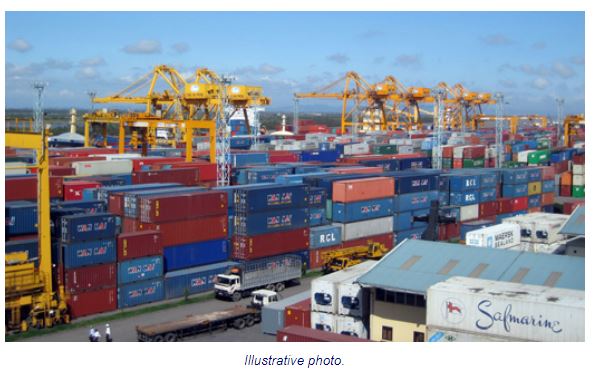Vietnam emerges as winner of US-China trade war: Survey
According to a survey of companies from both US and China, published on Monday by the Guangzhou-based American Chamber of Commerce (Amcham) in South China, as a result of the trade conflict, they have been losing market share, especially to companies from Vietnam.
The view is shared by Bill Stoops, CIO of Dragon Capital, who said that Vietnam could potentially benefit from the escalating China-US trade war even as Washington continues to threaten Beijing with more tariffs.
Under the current circumstance, even China might start to shift a lot more of its production to Vietnam, so long as the move is not “zapped” by the US, Stoops said in an interview with CNBC on August 12.
“This is the sort of trend we could see,” Stoops was quoted by CNBC.
Vietnam is unlikely to be a target in the trade war, despite having a US$40 billion trade surplus with the US, Stoops said. For Washington, it is “all about bashing China” for geostrategic and commercial reasons, he added.
Chinese companies reported also losing sales equally to companies from India, the US and South Korea. For American companies by contrast, Germany and Japan were the next keenest rivals, according to the survey.
A majority of both US and Chinese respondents to the AmCham survey reported already feeling a negative impact from the tariffs, though the share of US companies agreeing with this was significantly higher than among their Chinese counterparts. The respondents identified a reduction in profits as the top effect of the trade conflict, though only 20% of the 219 participating companies said the sales impact was more than US$10 million.
Nevertheless, with the potential for more tariffs looming, most survey participants said that they are looking at shifting production, assembly or sourcing of supplies to third countries, with Southeast Asia as the leading choice.
Some companies are already putting such plans into motion. Panasonic, for example, is moving production of car electronics from China to Thailand, Malaysia and Mexico. China’s GoerTek, which assembles wireless earphones for Apple, has notified suppliers that it intends to relocate some of its production to Vietnam. Chinese polyester producer Zhejiang Hailide New Material is investing US$155 million in a factory in Vietnam with an eye toward US exports.
Close to half of the companies in the AmCham survey reported feeling a trade impact beyond tariffs from the US-China confrontation. For example, 44% said that customs clearance for their shipments had slowed while 38% said that inspections had increased and that approval for licenses was taking longer.
The survey largely echoed the findings of a similar one conducted a few weeks earlier involving about 430 members of the American chambers of commerce in Beijing and Shanghai. The biggest difference was that nearly two-thirds of respondents to the earlier survey said they had no plans to shift manufacturing out of China despite the new tariffs.


 Thailand
Thailand




